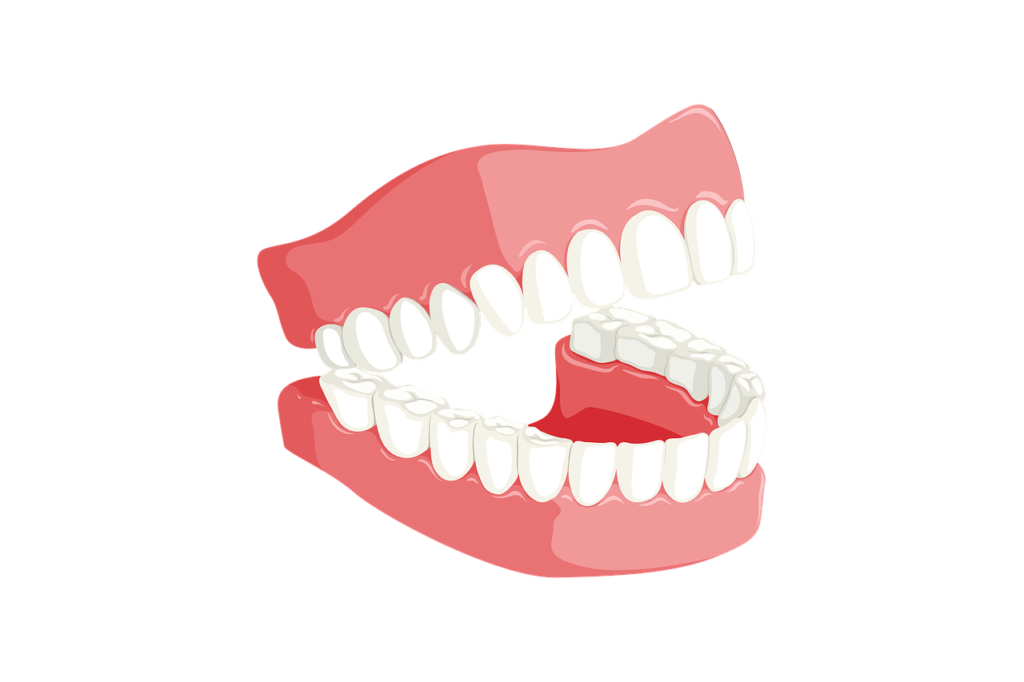Bruxism refers to the act of forcefully rubbing one’s teeth together causing them extra wear and in extreme cases fracturing. Bruxism mostly occurs while the person is asleep. It is considered one of the most common sleeping disorders and can often go unnoticed until issues began to arise. It can also occur during the day without the person even realizing that they are clenching their teeth.

Symptoms of Bruxism
Many of the symptoms may take time before being noticed, especially if the person does not receive regular dental checkups. Muscle and joint pain around the jaw are a few of the early symptoms. They can also be accompanied by headaches depending on the severity of the case. The clenching and grinding will put extra pressure on the muscles and tissues surrounding the jaw and wear the teeth down. Soreness of the gums, cracking, loose teeth and popping sounds in the jaw’s joints are all signs of Bruxism. If these symptoms are noticed make an appointment to see a dentist or orthodontist.
Temporomandibular Joint Syndrome can also result from Bruxism. TMJ will bring in a new bag of health concerns including muscle spasms in the face, dizziness, chronic headaches, and ear infections. Tinnitus, or constant ringing in the ears, and possible hearing loss may also occur.
Causes of Bruxism
It remains unclear what causes Bruxism, although a few potential causes have been identified. Certain emotional states, such as anxiety, stress, anger, and concentration are believed to increase the occurrences of Bruxism. The central nervous system is theorized to be involved because brain activity and heart rate increase before an episode occurs.
Certain medications for depression and neurological diseases, such as Parkinson’s disease, have also been listed as probable causes. Alcohol consumption, smoking, and fatigue have made the list as well.
There are also cases related to how one’s jaw and teeth formed. Babies can develop it when teething but tend to grow out of it as they age. If adults’ teeth do not meet properly while the jaw is closed then Bruxism could develop. A doctor will look for signs of tooth wear, jaw muscle inflammation and ask if the patient experiences jaw discomfort when waking in the morning. After analyzing these signs the doctor may then try to learn about daily activities, emotional states and other personal situations the patient may be experiencing to determine a cause.
Management and Treatment of Bruxism
There are multiple options to alleviate pain caused by Bruxism that a doctor will recommend, most of which can be managed at home without scheduling frequent dentist appointments.
A doctor may recommend:
- a mouth guard to prevent grinding while sleeping
- a muscle relaxer to help with pain and inflammation
- being aware of types of situations that bring stress or anxiety
- decreasing alcohol and caffeine consumption
- avoiding hard foods like some nuts and candies
- avoiding chewing gum
These recommendations will help manage the pain caused by Bruxism and hopefully stop or at least decrease the frequency of grinding. Taking time to build a relaxing routine before bed and setting up your sleeping area to be a quiet area with few disturbances can also lower anxiety levels leading to a more calming rest and hopefully less grinding.

0 Comments